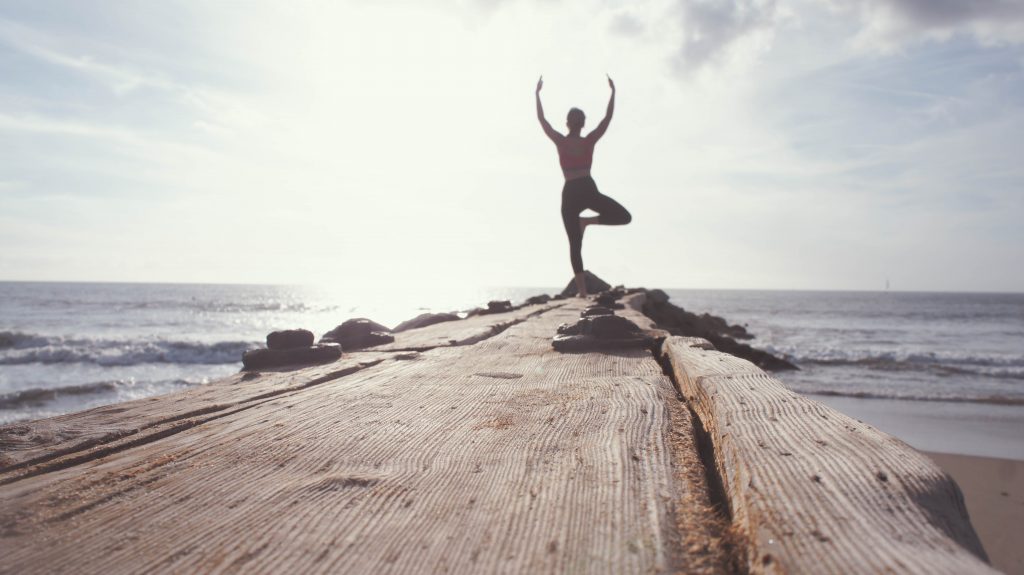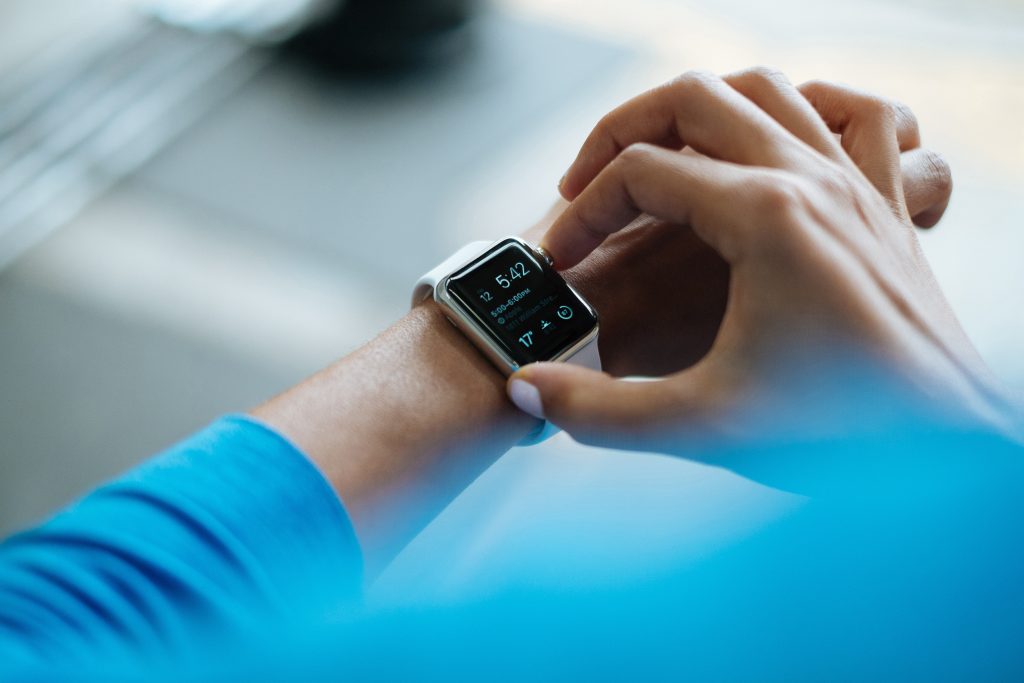
4 Attitude Adjustments to Start Enjoying Exercise

by Phil Hardesty
Photo Credit: Goh-Rhy-Yan, via Unsplash.com
Have you ever tried to encourage people to do something they hate—three times a week? I face that problem every day.
Pressure doesn’t work. If you hate exercise, you’ll be good at finding reasons not to do it, and I don’t blame you. I feel great after a workout and can’t recall when that wasn’t so. But I’m not fond of paperwork and I am a master at putting it off. If there are genes for paperwork hatred, I’ve got them. And it turns out that people can blame their genes for hating exercise.
You can start to love exercise—yes you! Trust me!
Hating Exercise is in Your Genes
In July, 2017, a multi-site team reported in the Psychology of Sport and Exercise that genes explain up to nearly 40 percent of the differences in our response to an exercise session. The researchers had volunteers do a non-vigorous 40 minute workout split between an exercise bike and a treadmill, and then report how it made them feel. Demonstrating the power of genetics, identical twins tended to respond the same way. You won’t be astonished to learn that the people who said they felt “very bad” after their forty-minute ordeal didn’t exercise regularly.
Get the Right Kind of Help
Exercise-haters need to be honest with themselves, persist and look for ways to get over the initial hump. A good trainer knows that. A Rambo personal trainer who cracks the whip might galvanize you for a few months. But trust me, you’ll rebel or lose interest the moment you’re alone. You need a trainer or companions who help you find pleasure in your activity. You can start to love it—yes you. Trust me.
When You’re Down, Keep it Light
Depression makes people become less active. We know that exercise can boost mood. But now is especially the time to keep it light and fun. Volunteers fighting mild to moderate depression were happier a year later after a three-month program of light exercise, according to a Swedish study reported in August, 2017 in Preventive Medicine. Exercising vigorously or even moderately during the program did not bring relief a year later. I’m not at all surprised. Strenuous exercise outside your comfort zone isn’t comfortable or comforting. It feels lousy.
Especially if you’re depressed, go for easy activities you associate with something pleasant—sunlight, nature, seeing a friend, and feeling good! You may need to bring music and stick to walking outdoors. As you get stronger, you’ll naturally do more.
Act Like a Kid
Children sleep a lot. They also play. You should, too. Make sure you keep your bedtimes and build pleasure into your day. The more tired you are, or the more play-deprived, the more likely you are to skip workouts and fall asleep in a chair with crumbled potato chips in your lap. This is all even more true if you hate exercise or are in a down spell.
Set Clear Attainable Goals
Nothing is more of a turn off than setting a lofty goal and failing. At Ornish Lifestyle Medicine, we recommend three hours a week of cardio–walking, cycling, swimming or whatever you enjoy and will do regularly. Some people need competition, in say a basketball game, to get motivated. We also recommend muscle-building twice a week, which you can do with resistance bands or using your body weight in a yoga class. But most of all we recommend making it fun. You figure out how. That’s right: Your prescription is to have fun, while moving.
What can you do to make exercise enjoyable for you?
Contributed by
Better Health Begins With You...
Have something to contribute?
Up Next for You


A Tool to Relieve Stress and Improve Your Health






